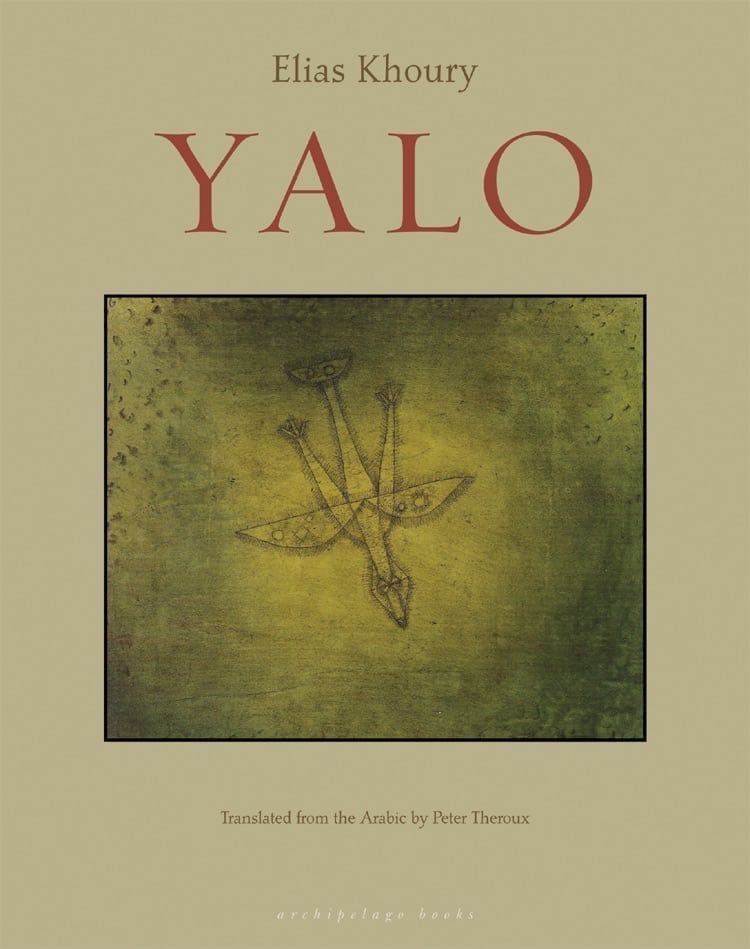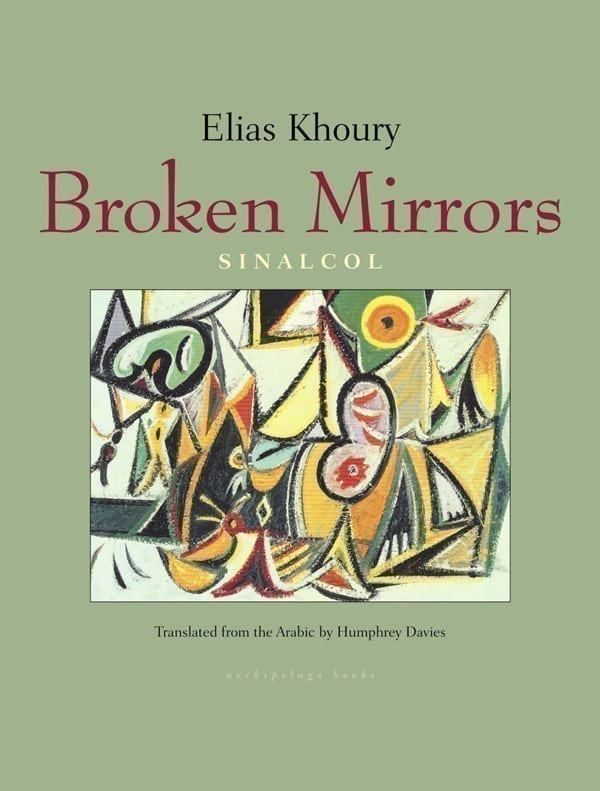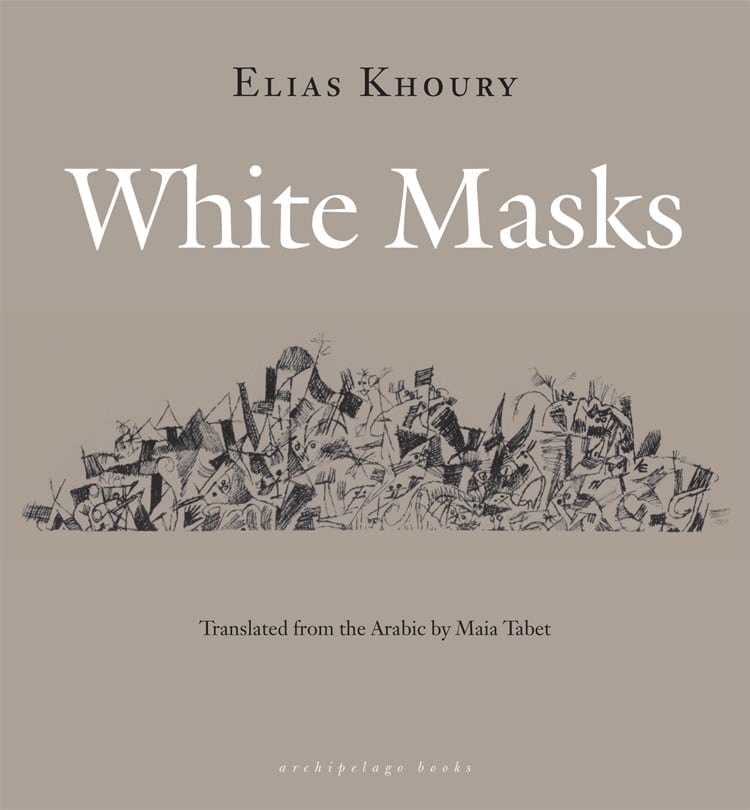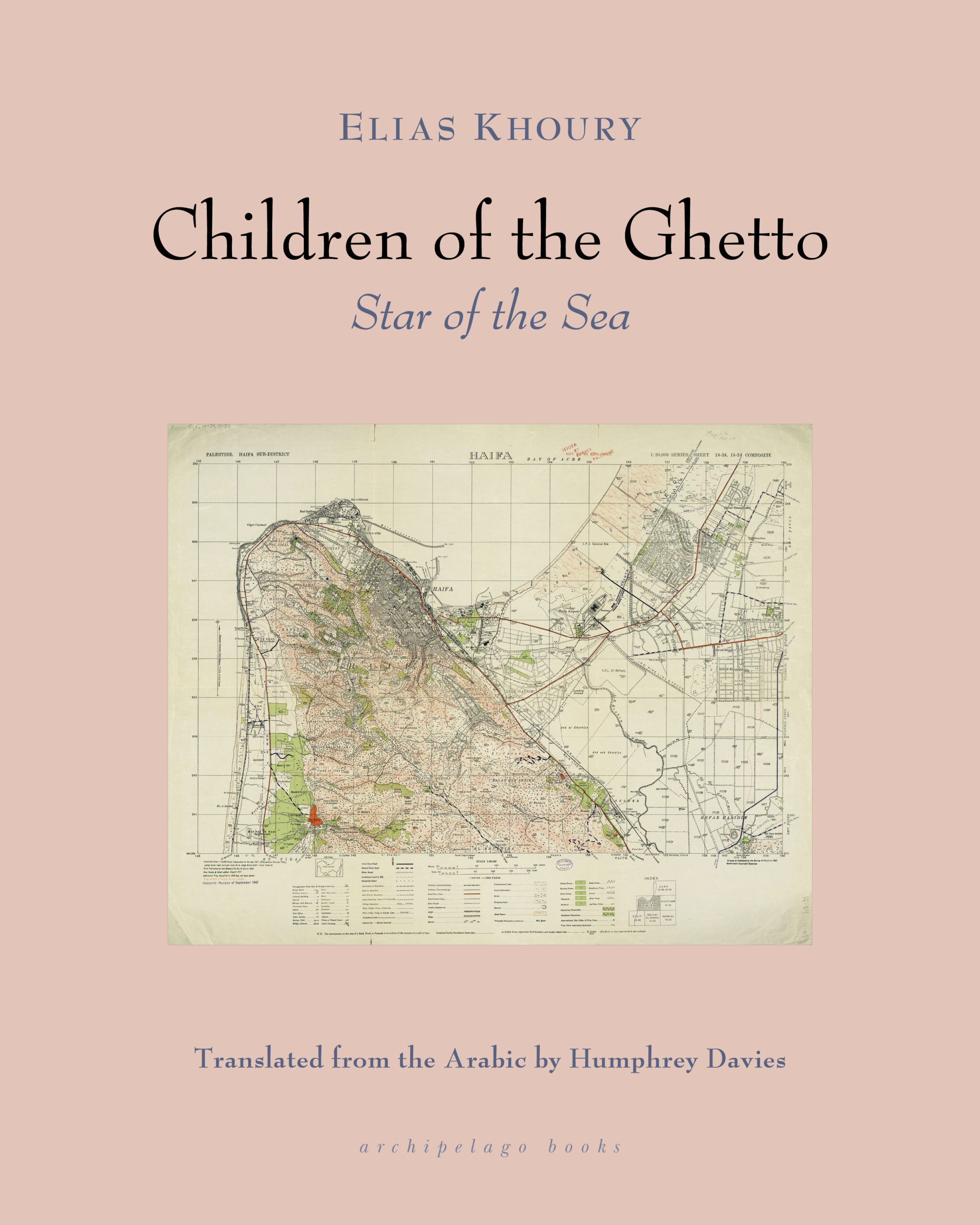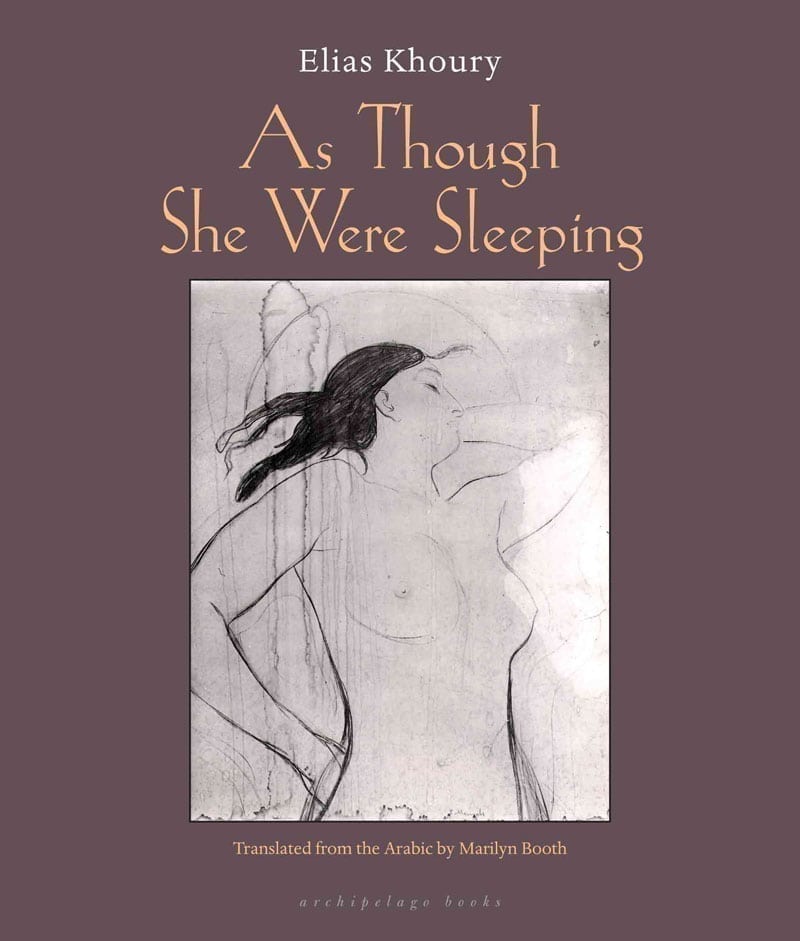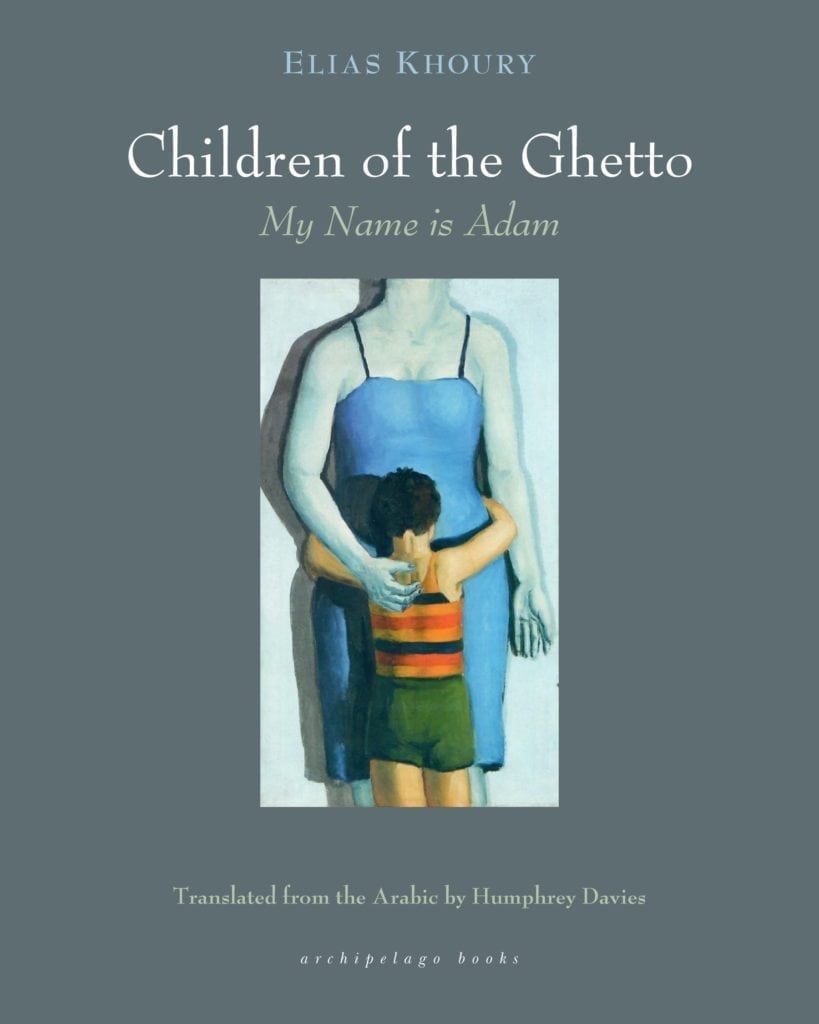Praise
There has been powerful fiction about Palestinians and by Palestinians, but few have held to the light the myths, tales and rumors of both Israel and the Arabs with such discerning compassion. In Humphrey Davies' sparely poetic translation, Gate of the Sun is an imposingly rich and realistic novel, a genuine masterwork.
Elias Khoury, along with Mahmoud Darwish, is an artist giving voice to rooted exiles and trapped refugees, to dissolving boundaries and changing identities, to radical demands and new languages. From this perspective Khoury's work bids Mahfouz an inevitable and yet profoundly respectful farewell.
Because the world is the way it is, because whole groups of people can be maligned, neglected, ignored, for too many years, we need the voice of Elias Khoury—detailed, exquisite, humane—more than ever. Read him. Without fail, read him.
In Gate of the Sun a character dreams of writing a ‘book without a beginning or end...an epic of the Palestinian people,’ based on the stories of every village, and starting from the ‘great expulsion of 1948.’ Elias Khoury’s monumental novel is in a sense that groundbreaking book.
A vast canvas of the Palestinian exodus...Times, places, people, and massacres are interwoven. The tales crisscross as they are barely concluded in an anarchical delirium, a means for the author to sketch in the chaos of Palestinian history. But more than a struggle for remembrance, his novel is also an ode to those wives, mothers and sisters who nourish, rear, care for, and hope.
Well researched, deeply imagined, expressively written and overtly nostalgic . . .
The book leaves us with the overpowering sense that to tell a story in its awfulness and complexity — a story very largely of defeat — is to live to fight another day.
The word ”brilliant“ is etched across Khoury’s Gate of the Sun.
This great, sprawling novel provides, as little else can, a window into the thinking of Palestinians, and a touching, powerful glimpse of their unique place in world history.
For Khoury, those who live their lives enshrouded in death and political instability deserve a voice, and like few before him, he takes up their cause with a fearlessness that we can only marvel at, hoping that maybe in the near future, books like Khoury’s won’t have to be written.
Extras
Listen to Michael Silverblatt’s interview with Elias Khoury on Bookworm, 2006:
Read Part One and Part Two of an overview of Elias Khoury’s writing and the process of literary translation.
Read about Elias Khoury’s relationship to his writing from a talk called “Translating Palestine.”
Watch and listen to a conversation with translator Humphrey Davies and André Naffis-Sahely.
Read an interview with Elias Khoury about the relationship between an author and his characters.
Read about Elias Khoury’s discussion of the Arab Spring from a child’s perspective.
Listen to Elias Khoury in conversation with Chris Lydon of Open Source Radio in Cairo on November 15, 2012.
Read an interview and commentary on Arabic literature with Elias Khoury from .
Watch Elias Khoury give the keynote address at “Inverted Worlds” Congress.
<a href="http://vimeo.com/57689837">http://vimeo.com/57689837</a>
Watch a bit of a film adaptation of Gate of the Sun in Arabic.
http://youtu.be/1gbo-y-glIE
Listen to Elias Khoury being interviewed on KCRW’s Bookworm.
Watch a short film about the 2013 Palestinian Literature Festival.
Read a letter that Elias Khoury wrote to the villagers of Bab al-Shams, which was named after Gate of the Sun.
Read Elias Khoury on the Israeli invasions of Lebanon in the London Review of Books.
Elias Khoury interviewed in Haaretz.


